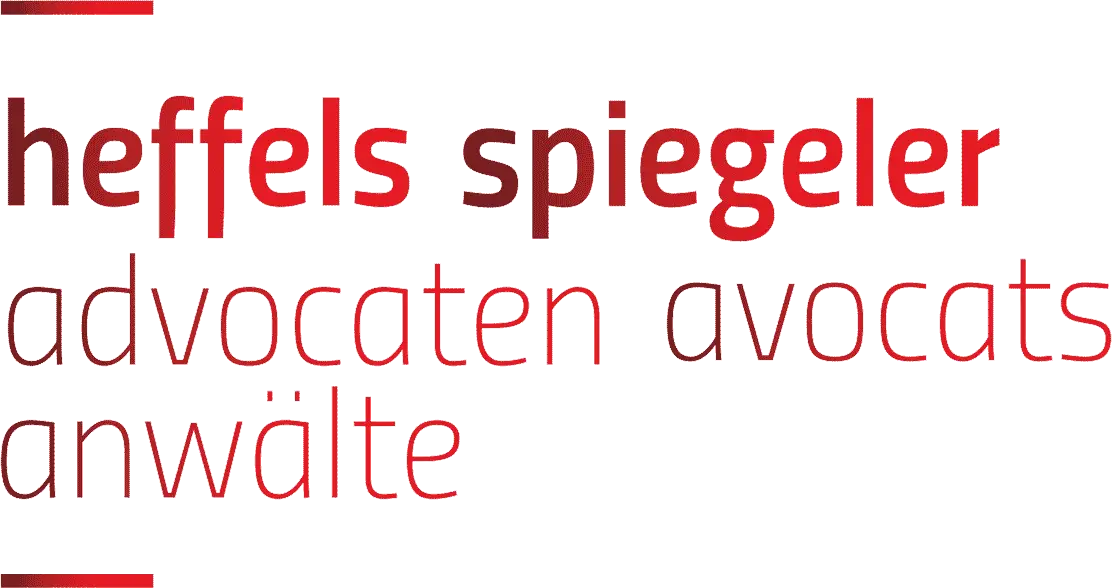 According to Margrethe Verstager, European Commissioner for Competition, “we as consumers have a new currency that we can use […] – our data”[1] which most of the time consumers do not realize they posses and this is what the Digital Single Market Strategy addresses. The Digital Single Market Strategy aims at creating easy access and exercise of online activities under fair competition conditions and a high level of consumer and personal data protection for individuals and businesses[2].
According to Margrethe Verstager, European Commissioner for Competition, “we as consumers have a new currency that we can use […] – our data”[1] which most of the time consumers do not realize they posses and this is what the Digital Single Market Strategy addresses. The Digital Single Market Strategy aims at creating easy access and exercise of online activities under fair competition conditions and a high level of consumer and personal data protection for individuals and businesses[2].
One of the initiatives for the Digital Single Market Strategy is the General Data Protection Regulation including a right to data portability.[3] This individual right in the new General Data Protection Regulation enables individuals to obtain their data that is being processed in an inter-operable format so as to transfer it to another social network or search engine.[4] In this way two birds are killed with one stone: (a) citizens remain in control of their data and, (b) it contributes to preventing anti competitive behavior in some particular cases.

 A 500 million pounds investment into a London-based fund had been announced by the Chinese company Cocoon Networks at a Beijing-London Tech Venture Forum held on the 19th of January 2016. Two big private equity companies were behind this, namely China Equity Group and Hanxin Capital. This fund is to be expected in place in the next three to seven years with a clear intention on attracting, developing and expanding new tech and innovation startups into China.
A 500 million pounds investment into a London-based fund had been announced by the Chinese company Cocoon Networks at a Beijing-London Tech Venture Forum held on the 19th of January 2016. Two big private equity companies were behind this, namely China Equity Group and Hanxin Capital. This fund is to be expected in place in the next three to seven years with a clear intention on attracting, developing and expanding new tech and innovation startups into China. This is legal news that Wolters Kluwer would have wished not to have to publish. Indeed, their tax optimisation techniques just suffered a severe loss against the French labor rights.
This is legal news that Wolters Kluwer would have wished not to have to publish. Indeed, their tax optimisation techniques just suffered a severe loss against the French labor rights. The Dutch reform entered into force on the 1st of January 2016 and contains an obligation to notify data breaches in a maximum of 72 hours from the occurrence of the breach
The Dutch reform entered into force on the 1st of January 2016 and contains an obligation to notify data breaches in a maximum of 72 hours from the occurrence of the breach “The greatness of a nation and its moral progress can be judged by the way its animals are treated.”(Gandhi).
“The greatness of a nation and its moral progress can be judged by the way its animals are treated.”(Gandhi). France has experienced these last months’ horrific terrorist attacks and everyone feels more or less affected by this danger. It seems then important to review the obligation borne by the employer to protect the mental and physical health of his employees.
France has experienced these last months’ horrific terrorist attacks and everyone feels more or less affected by this danger. It seems then important to review the obligation borne by the employer to protect the mental and physical health of his employees. A few years ago, this question will have seemed coming straight out of one of the Hollywood movies. But today, due to the technology development this question finds a place in doctrine.
A few years ago, this question will have seemed coming straight out of one of the Hollywood movies. But today, due to the technology development this question finds a place in doctrine.

 For international companies that wish to bring their products to the Chinese market or manufacture their products in China, appropriate protection of trademarks is very important to avoid the risk of trademarks being misused or infringed by someone else. However, European businesses using trademarks written in Latin characters, do not immediately have sufficient protection for their trademarks written in Chinese, even if the pronunciation in Chinese is the same.
For international companies that wish to bring their products to the Chinese market or manufacture their products in China, appropriate protection of trademarks is very important to avoid the risk of trademarks being misused or infringed by someone else. However, European businesses using trademarks written in Latin characters, do not immediately have sufficient protection for their trademarks written in Chinese, even if the pronunciation in Chinese is the same.